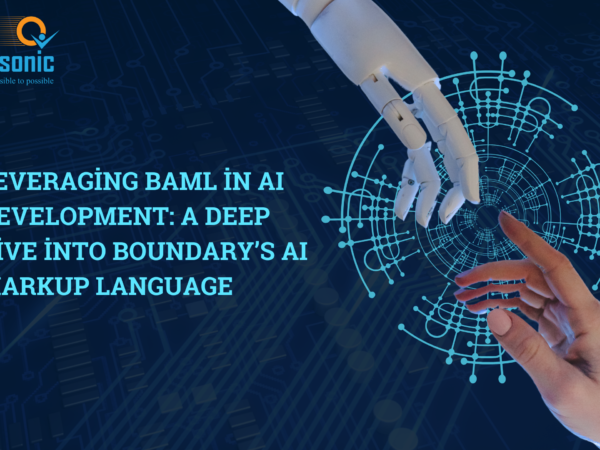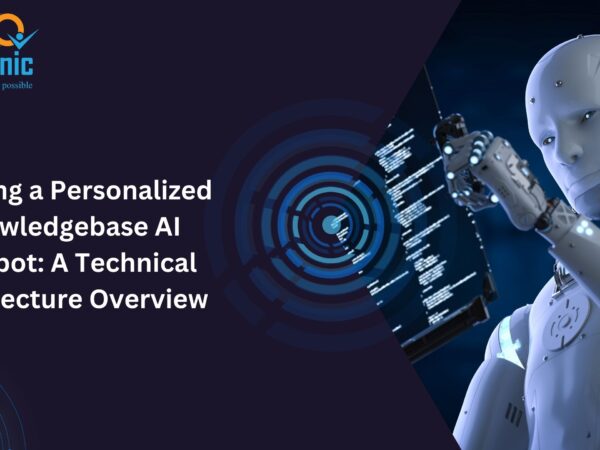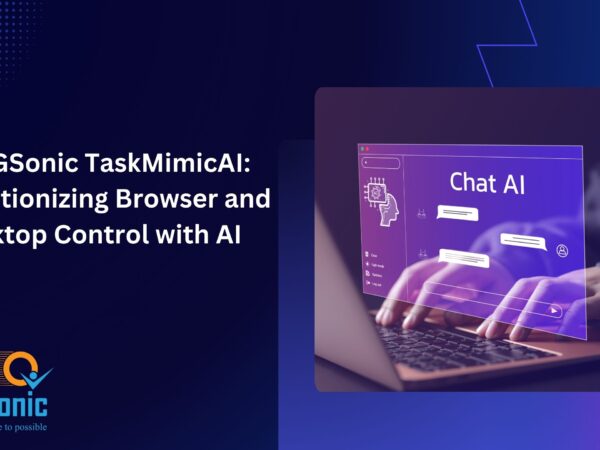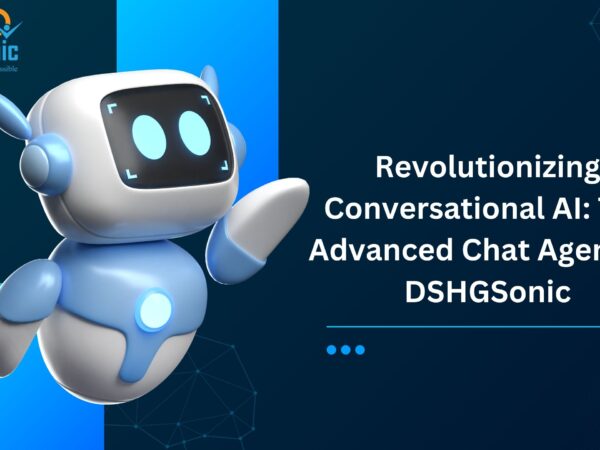MCP Servers: The Latest Trends Revolutionizing AI Connectivity in 2025
The Model Context Protocol (MCP) has emerged as the backbone of modern AI integration, fundamentally changing how AI assistants like Claude interact with external systems. As we progress through 2025, MCP servers are becoming the universal connectors that bridge the gap between large language models and the vast ecosystem of tools, databases, and services they need to be truly useful.
What Makes MCP Servers Game-Changing in 2025?
MCP provides a universal, open standard for connecting AI systems with data sources, replacing fragmented integrations with a single protocol. Think of MCP as the USB-C of AI applications – it standardizes how AI models connect to different data sources and tools, eliminating the need for custom integrations for every new service.
The protocol operates on a simple yet powerful client-server architecture where MCP clients (like Claude Desktop) request resources and MCP servers handle these requests, performing actions using any tools, languages, or processes needed.
Top MCP Server Categories Dominating 2025
Development & Code Management
The developer ecosystem has fully embraced MCP servers. GitHub sits at the top of the MCP server popularity rankings, enabling seamless repository management, issue tracking, and automated workflows. Other essential development servers include:
- GitHub MCP Server: Manages repositories, tracks issues, automates workflows
- Filesystem MCP Server: Provides direct local file system access for reading, writing, and directory management
- Docker MCP Server: Manages containers, images, volumes, and networks
- PostgreSQL MCP Server: Enables database schema inspection and read-only queries
Productivity & Collaboration Tools
With Integrations, Claude can work seamlessly with remote MCP servers across the web and desktop apps, transforming how teams collaborate:
- Slack MCP Server: Real-time message access, thread summarization, and intelligent responses
- Google Drive MCP Server: Document scanning, summarization, and data extraction from files
- Notion MCP Server: Access to pages, databases, and workspace data
- Atlassian (Jira/Confluence): Project management and documentation automation
Business Intelligence & Analytics
Enterprise-grade MCP servers are enabling AI to make data-driven decisions:
- Supabase MCP Server: Serverless, scalable context delivery from edge functions and Postgres
- Stripe MCP Server: Payment processing and financial data integration
- Raygun MCP Server: Real-time performance monitoring and error tracking
- Qdrant Vector Database: Persistent memory layer for semantic search and RAG applications
Enterprise Adoption Trends
As teams become increasingly tool-diverse, MCP servers serve as the connector between platforms, with enterprises adopting unified integration strategies. Companies are moving away from maintaining separate connectors for each data source, instead building against the standardized MCP protocol.
Key adoption patterns include:
- API-First Development: Companies are designing their SaaS applications to be MCP-compatible from the ground up
- Multi-Source Data Integration: The MCP server orchestrates complex data retrieval from multiple sources while ensuring only authorized data is returned
- Workflow Automation: From design-to-dev handoffs to real-time customer data syncing
Security and Authentication Evolution
Security is built into the protocol — servers control their own resources, there’s no need to share API keys with LLM providers, and there are clear system boundaries. This approach has made enterprise adoption more feasible, with built-in OAuth authentication and transport handling becoming standard features.
The Remote Server Revolution
While MCP initially focused on local servers, Anthropic is introducing Integrations, allowing Claude to work seamlessly with remote MCP servers. This shift enables:
- Cloud-Scale Operations: Servers can now handle enterprise-wide deployments
- Cross-Platform Integration: Seamless connection between web and desktop applications
- Real-Time Data Access: Live connections to business-critical systems
Looking Ahead: What’s Next for MCP Servers?
The MCP ecosystem is rapidly expanding with development tools companies including Zed, Replit, Codeium, and Sourcegraph working with MCP to enhance their platforms. Early adopters like Block and Apollo have already integrated MCP into their systems, setting the stage for broader industry adoption.
Emerging trends include:
- AI-Native Applications: Software built from the ground up with MCP integration
- Industry-Specific Servers: Specialized servers for healthcare, finance, and manufacturing
- Community-Driven Development: Open-source servers addressing niche use cases
Getting Started with MCP Servers
For developers looking to join the MCP revolution, Claude 3.5 Sonnet is adept at quickly building MCP server implementations, making it easier than ever to connect important datasets with AI-powered tools.
The barrier to entry has never been lower, with pre-built servers available for popular enterprise systems and comprehensive documentation for building custom implementations.
Conclusion
MCP servers represent more than just a technical protocol – they’re the foundation for the next generation of AI-powered applications. As we move through 2025, the standardization of AI-data connectivity through MCP is enabling unprecedented levels of automation, intelligence, and productivity across industries.
The future belongs to organizations that embrace this standardized approach to AI integration, moving beyond isolated AI assistants to truly connected, context-aware systems that understand and act upon their entire digital ecosystem.
Ready to explore MCP servers for your organization? Start with the pre-built servers for popular platforms like GitHub, Slack, and Google Drive, then expand into custom implementations that serve your specific business needs.







